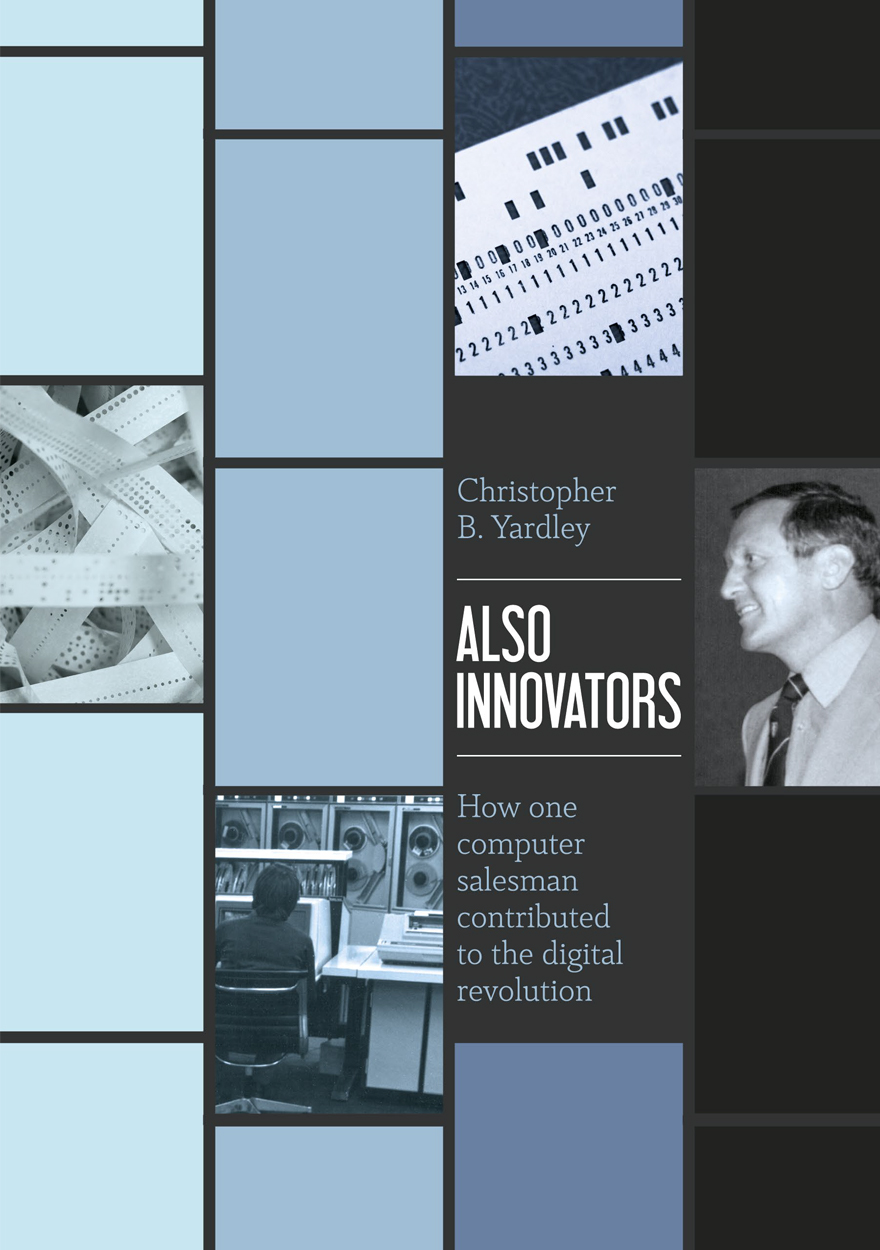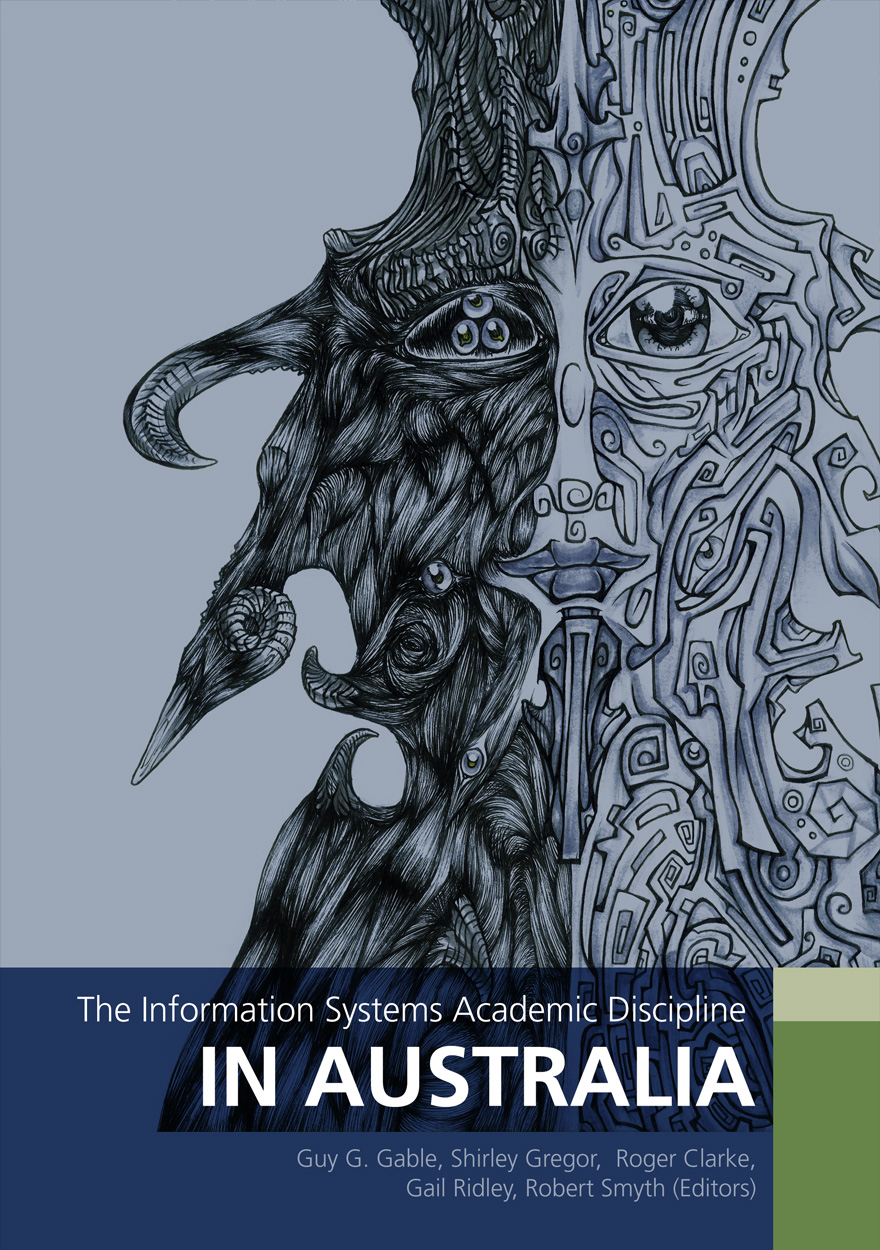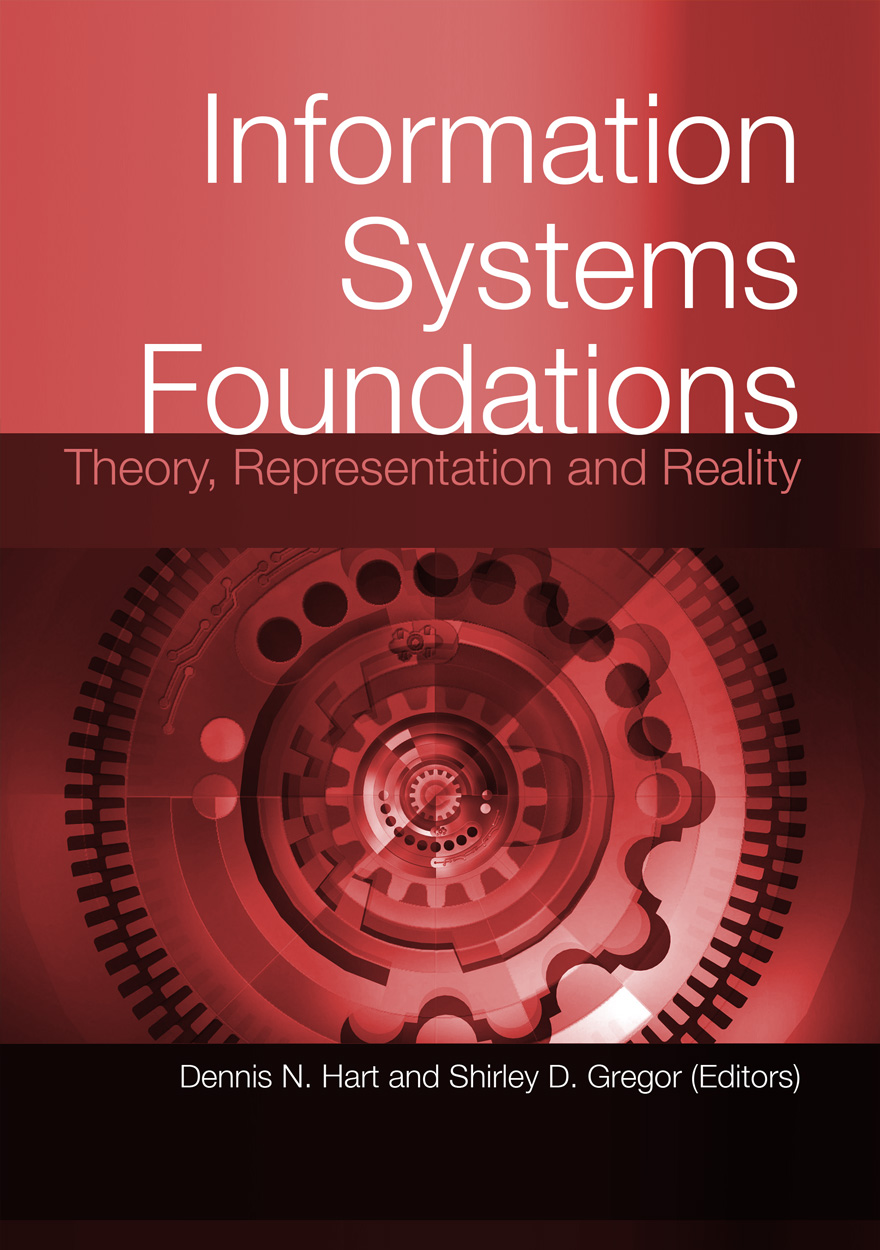Search titles
Displaying results 1 to 10 of 11.

Adapting for Inertia »
Delivering Large Government ICT Projects in Australia and New Zealand
Authored by: Grant Douglas
Publication date: October 2023
Despite much learning and research over many decades, large ICT software projects have continued to experience poor outcomes or fallen short of original expectations—some spectacularly so. This is the case in the Australian and New Zealand public sectors, even though these projects operate within historically developed institutional frameworks that provide the rules, guidelines and controls, and aim to consistently improve outcomes.
Something is amiss. In Adapting for Inertia, Grant Douglas questions the effectiveness of these institutional frameworks in governing large ICT software projects in the Australian and New Zealand public sectors. He also gauges the perspectives of a large number of actors in projects in both sectors and examines two case studies in detail.
The main narrative to emerge is that the institutional frameworks are in a state of inertia: they are failing to adapt, owing to various institutional factors—all of which have public policy implications. Sadly, Douglas finds, this inertia is likely to continue. If there is difficulty in changing the capacity to govern, he proposes, policymakers should look to change the nature of what is to be governed.

Also Innovators »
How one computer salesman contributed to the digital revolution
Authored by: Christopher B. Yardley
Publication date: April 2019
‘Thank you for your order, Mr Mainframe Customer. The cost is £5 million and the lead-time for manufacture will be two years. In the meantime you will have to build a special computer centre to our specification. For our part, our project team will help you recruit and train potential programmers and we shall advise on how you might use the system.’
How different from today when the customer will want to see a specific application running before he puts a hand in his/her pocket. Chris Yardley lived the changes as a computer salesman and tells his story of a career living and working in five countries. Warts and all. The ecstasies, the heartbreaks and idiocies of major corporations.
His career was not a planned one. In a growing industry, opportunities presented themselves and Chris believes he grasped every one presented. Having written his story, he has had every chapter verified by at least one person who features in that narrative. His respondents have universally endorsed the facts with comments such as ‘Wow, I’d forgotten most of that’. ‘You have a fantastic memory.’ ‘I never knew before the full facts of what happened.’ ‘How have you remembered all the circumstances?’ ‘It really is a people business.’
This is the only book that has followed a computer sales career over almost 50 years.

Professionalism in the Information and Communication Technology Industry »
Edited by: John Weckert, Richard Lucas
Publication date: October 2013
Professionalism is arguably more important in some occupations than in others. It is vital in some because of the life and death decisions that must be made, for example in medicine. In others the rapidly changing nature of the occupation makes efficient regulation difficult and so the professional behaviour of the practitioners is central to the good functioning of that occupation. The core idea behind this book is that Information and Communication Technology (ICT) is changing so quickly that professional behaviour of its practitioners is vital because regulation will always lag behind.

Australian Politics in a Digital Age »
Authored by: Peter Chen
Publication date: February 2013
Information and communications technologies are increasingly important in the Australian political landscape. From the adoption of new forms of electoral campaigning to the use of networking technology to organise social movements, media technology has the potential to radically change the way politics is conducted and experienced in this country. The first comprehensive volume on the impact of digital media on Australian politics, this book examines the way these technologies shape political communication, alter key public and private institutions, and serve as the new arena in which discursive and expressive political life is performed. Employing a range of theoretical perspectives, empirical data, and case examples, the book provides insights on political behaviour of Australia’s elites, as well as the increasingly important politics of micro-activism and social media. Energetic and fast-paced, the book draws together a wide range of Australian and international scholarship on the interface between communications technology and politics. Crossing several genres, the book will find a wide audience amongst scholars of both politics and communication, among public relations professionals, and with members of the media themselves.

Information Systems Foundations: Theory Building in Information Systems »
Edited by: Dennis N. Hart, Shirley Gregor
Publication date: October 2012
This volume presents the papers from the fifth biennial Information Systems Foundations Workshop, held at The Australian National University in Canberra from 30 September to 1 October 2010. The focus of the workshop was, as for the others in the series, the foundations of information systems as an academic discipline. The emphasis in the 2010 workshop was on theory building in information systems, which is a non-trivial and difficult issue because the field deals with such a wide range of phenomena, from the highly technological in nature to the distinctly human and organisational in focus. The theory building problem stems from the fact that the sciences that underlie and deal with technologically-oriented fields generally result in theories that fit within the ‘covering law’ model—that is, are assumed and believed to have universal applicability and explanatory and predictive power—whereas, by contrast, theories in the human sciences are generally much more conditional, contextual, tentative and open to exceptions. Successfully marrying the two is, not surprisingly, a challenge that the chapters in this volume explore.

Security and Privacy »
Global Standards for Ethical Identity Management in Contemporary Liberal Democratic States
Authored by: John Kleinig, Peter Mameli, Seumas Miller, Douglas Salane, Adina Schwartz
Publication date: December 2011
This study is principally concerned with the ethical dimensions of identity management technology – electronic surveillance, the mining of personal data, and profiling – in the context of transnational crime and global terrorism. The ethical challenge at the heart of this study is to establish an acceptable and sustainable equilibrium between two central moral values in contemporary liberal democracies, namely, security and privacy. Both values are essential to individual liberty, but they come into conflict in times when civil order is threatened, as has been the case from late in the twentieth century, with the advent of global terrorism and trans-national crime.
We seek to articulate legally sustainable, politically possible, and technologically feasible, global ethical standards for identity management technology and policies in liberal democracies in the contemporary global security context. Although the standards in question are to be understood as global ethical standards potentially to be adopted not only by the United States, but also by the European Union, India, Australasia, and other contemporary liberal democratic states, we take as our primary focus the tensions that have arisen between the United States and the European Union.

Information Systems Foundations: The Role of Design Science »
Edited by: Dennis Hart, Shirley Gregor
Publication date: December 2010
This volume presents papers from the fourth biennial Information Systems Foundation Workshop, held at The Australian National University in Canberra from 2–3 October, 2008. The focus of the workshop was, as for the others in the series, the foundations of Information Systems as an academic discipline. The emphasis in this workshop was on the movement known as ‘Design Science’ and its importance in practical disciplines such as Information Systems. The chapters in the volume provide a critical examination of current design science ideas, with the role of human creativity given special mention. The philosophical underpinnings of design science thinking are also examined. Practically, the volume shows how the design science approach can be used in academic research that leads to artefacts that add value for individuals, organizations and society.

The Information Systems Academic Discipline in Australia »
Edited by: Guy G. Gable, Shirley Gregor, Roger Clarke, Gail Ridley, Robert Smyth
Publication date: September 2008
This book represents the second phase of a multi-method, multi-study of the ‘Information Systems Academic Discipline in Australia’. Drawing on Whitley’s Theory of Scientific Change, the study analysed the degree of ‘professionalisation’ of the Information Systems Discipline, the overarching research question being ‘To what extent is Information Systems a distinct and mature discipline in Australia?’
The book chapters are structured around three main sections: a) the context of the study; b) the state case studies; and c) Australia-wide evidence and analysis. The book is crafted to be accessible to IS and non-IS types both within and outside of Australia. It represents a ‘check point’; a snapshot at a point in time. As the first in a hoped for series of such snap-shots, it includes a brief history of IS in Australia, bringing us up to the time of this report.
The editorial team comprises Guy Gable, architect and leader; Bob Smyth, project manager; Shirley Gregor, sponsor, host and co-theoretician; Roger Clarke, discipline memory; and Gail Ridley, theoretician. In phase two, the editors undertook to examine each component study, with a view to arriving at an Australia-wide perspective.

Information Systems Foundations: Theory, Representation and Reality »
Edited by: Dennis Hart, Shirley Gregor
Publication date: November 2007
This volume contains the papers presented at the third biennial Information Systems Foundations (‘Theory, Representation and Reality’) Workshop, held at The Australian National University in Canberra from 27-28 September 2006. The focus of the workshop was, as for the others in the series, the foundations of Information Systems as an academic discipline. The particular emphasis was, as in past workshops, the adequacy and completeness of theoretical underpinnings and the research methods employed. At the same time the practical nature of the applications and phenomena with which the discipline deals were kept firmly in view. Accordingly, the papers in this volume range from the unashamedly theoretical n their focus (Designing for Mutability in Information Systems Artifacts; Towards a Unified Theory of Fit: Task, Technology and Individual) to the much more practically oriented (An Action-Centred Approach to Conceptualising Information Support for Routine Work).
The contents of this volume will be of interest and relevance to academics and advanced students as well as thoughtful and reflective practitioners in the Information Systems field.

Electronic Engagement »
A Guide for Public Sector Managers
Authored by: Peter Chen
Publication date: March 2007
Over the last twenty years, advanced communication technologies have become pervasive throughout Western society. These technologies have not only revolutionised the delivery of public and private services, they have shaped consumers’ expectations about service quality.
This guide (written for managers who have an interest in expanding their approach to public engagement, rather than IT professionals) assesses the value that new communications and computing technology can bring to interactions with a range of potential stakeholders.
An engaging, provocative and thorough survey of available technologies and potential applications, this is a ‘must read’ for policy and program practitioners who are considering options for electronic engagement.



